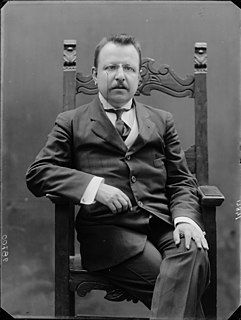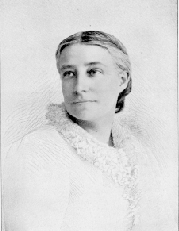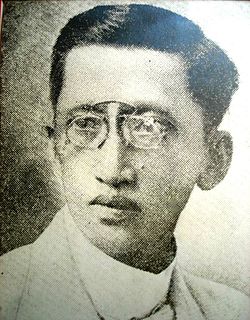A Quote by Sir Lewis Bernstein Namier
Related Quotes
As people who are women, who are Indigenous and live on Indigenous lands, we know, and this is something I understand the older I get, that they don't visit the same way the postman may visit but they do visit. They visit in ways that our modern society often disregards and considers immaterial or unreal.
History is the art of making an argument about the past by telling a story accountable to evidence. In the writing of history, a story without an argument fades into antiquarianism; an argument without a story risks pedantry. Writing history requires empathy, inquiry, and debate. It requires forswearing condescension, cant, and nostalgia. The past isn’t quaint. Much of it, in fact, is bleak.
Writing fiction is very different to writing non-fiction. I love writing novels, but on history books, like my biographies of Stalin or Catherine the Great or Jerusalem, I spend endless hours doing vast amounts of research. But it ends up being based on the same principle as all writing about people: and that is curiosity!
Today’s events are tomorrow’s history, yet events seen by the naked eye lack the depth and breadth of human struggles, triumphs and suffering. Writing history is writing the soul of the past… so that the present generation may learn from past mistakes, be inspired by their ancestor’s sacrifices, and take responsibility for the future.
Jaipur is the capital of Rajasthan and, in my opinion, the best place to visit. It is an amazing hub of history. It's called the Pink City because all the architecture has a hint of pink in the stones used. It's an amazing stop for all kinds of food but also for history and shopping. It has a little bit of everything.
































